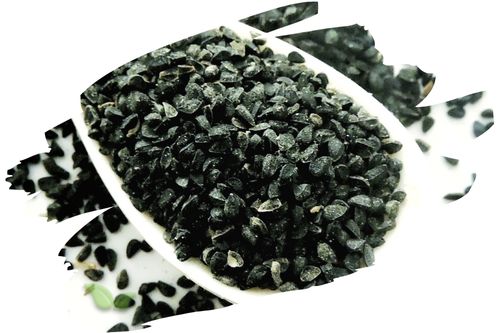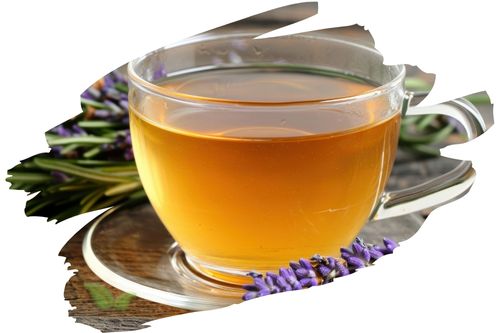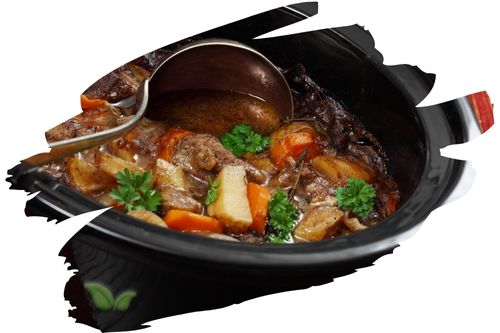
Introduction
Echinacea is a flowering plant native to North America, particularly the prairies of the United States. Its striking purple or pink petals make it easily recognizable. But what truly sets Echinacea apart is its historical use in traditional medicine and its potential to support well-being.
The Origins of Echinacea
Echinacea has a rich history dating back centuries. Native American tribes, such as the Plains Indians, used various parts of the Echinacea plant for medicinal purposes. They brewed teas and made poultices from its roots, leaves, and flowers to address various health concerns.
Types of Echinacea
There are several species of Echinacea, each with its unique characteristics. The most commonly used types for their potential health benefits include Echinacea purpurea, Echinacea angustifolia, and Echinacea pallida. These species vary slightly in appearance and chemical composition.
Echinacea as a Herbal Remedy
Echinacea has gained popularity in recent years as a herbal remedy. It is often used to support immune health, and you can find it in various forms, such as capsules, tinctures, and teas. Many people turn to Echinacea supplements during the cold and flu season to give their immune systems a natural boost.
How to Use Echinacea
Echinacea can be consumed in several ways, depending on your preference and the specific health goal you aim to achieve. Here are some common methods of using Echinacea:
-
Tea: Echinacea tea is a popular choice. Steep a tea bag in hot water for a soothing and potentially immune-boosting beverage.
-
Capsules: Echinacea supplements come in capsule form, making it easy to incorporate into your daily routine. Follow the recommended dosage on the label.
-
Tinctures: Echinacea tinctures are concentrated extracts. They can be taken directly or diluted in water.
-
Topical Applications: Echinacea creams and ointments can be applied to the skin to soothe minor irritations.
FAQs About Echinacea
Q: Can Echinacea cure illnesses? A: Echinacea is not a cure for illnesses but is believed to support the immune system, potentially reducing the severity and duration of certain infections.
Q: Are there any side effects of using Echinacea? A: While Echinacea is generally considered safe for most people, some may experience mild side effects. Consult with a healthcare professional if you have concerns.
Q: Can children use Echinacea? A: Echinacea is generally safe for children, but it's advisable to consult with a pediatrician for proper dosing and guidance.
Q: Can I take Echinacea alongside other medications? A: Echinacea may interact with certain medications, so it's crucial to consult with a healthcare provider if you're taking other drugs.
Q: How long should I use Echinacea? A: The duration of Echinacea use can vary. It's best to follow the recommended usage guidelines on the product label or consult with a healthcare professional.
Q: Is Echinacea suitable for pregnant or nursing women? A: Pregnant or nursing women should consult with their healthcare providers before using Echinacea.
Conclusion
In conclusion, Echinacea is a versatile herbal remedy with a rich history and various potential uses. While it is not a magical cure for illnesses, it has been traditionally used to support immune health and overall well-being. Whether you prefer Echinacea tea or capsules, it's essential to use it responsibly and consult with a healthcare professional if you have any concerns.
Alert: While spices can have many beneficial properties for health, using them for medical purposes should be done under the guidance and supervision of a healthcare professional or specialist. Some spices may interact with medications or cause adverse reactions in certain individuals, and it is important to use them safely and appropriately. If you are considering using spices for a medical condition, it is important to consult with a healthcare professional before doing so.




















































